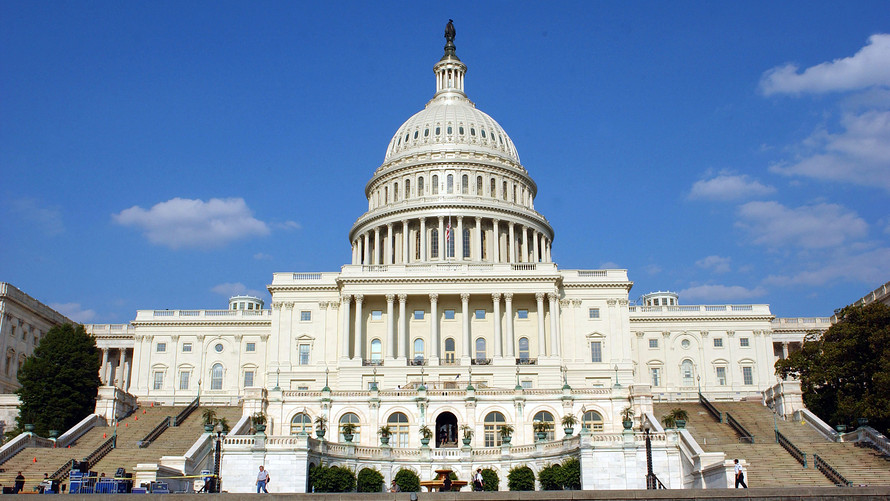Most people think of legislation as a series of dry, bureaucratic steps. A bill is introduced, debated, amended, and eventually passed. But real legislative power is exercised in the shadows — in late-night negotiations, whispered committee deals, and amendments slipped into thousand-page bills that few read in full.

The Laws That Shape More Than Policy
Most people think of legislation as a series of dry, bureaucratic steps. A bill is introduced, debated, amended, and eventually passed. But real legislative power is exercised in the shadows — in late-night negotiations, whispered committee deals, and amendments slipped into thousand-page bills that few read in full.
The past year’s legislative shifts have been some of the most consequential in recent memory — not for their headlines, but for the structural shifts they quietly enable.
Behind the Curtain: Who Really Wins
In multiple countries, new laws passed under the banner of “progress” or “protection” have had very different beneficiaries than the public might expect.
The Chessboard Moves
Seasoned lobbyists understand that legislative momentum is rare — so when a bill starts moving, they attach provisions like barnacles to a ship’s hull. This year, insiders report:
The Global Impact
Legislation doesn’t happen in isolation anymore.
A corporate tax change in one country is mirrored in another within months. Environmental rules passed in a Nordic capital echo in Asian ports before the ink dries.
The quiet truth: many of these “independent” laws are shaped in the same boardrooms and lobbying offices — sometimes literally the same consultants, flown between continents.
The Gossip Factor
One former legislative aide — now in the private sector — shared over a drink that “half the time, the bill’s final text is written by industry lawyers, not lawmakers.”
In fact, a little-known trade summit last spring allegedly doubled as a policy drafting retreat for select sectors, where draft texts were “workshopped” over wine and private dinners. The public story was diplomatic cultural exchange; the private reality was pre-loading the legal pipeline with corporate-friendly frameworks.
What This Means for Citizens
The biggest legislative changes of the year aren’t just about the issues they claim to address. They:
For citizens, the challenge is not just knowing what laws are passed, but understanding how those laws are positioned within a global strategy of influence and economic positioning.
Why These Matter
Ignoring these shifts means ceding control to those who quietly write the rules. And those rules, once written, rarely favour the unrepresented.

For the past two decades, business has lived under a spell — the belief that technology is the ultimate disruptor. We’ve worshipped at the altar of innovation, measuring success by how quickly we could automate, digitise, and optimise. Tech has indeed changed the way we live, work, and connect. But here’s the inconvenient truth: In the next decade, technology won’t be the competitive advantage. Trust will.